Siaya Governor James Orengo recently shared his reaction to the ongoing National Prayer Breakfast by citing a famous quote from German philosopher Karl Marx.
He reminded Kenyans that religion can sometimes be used as a tool to manipulate people and advance political interests.
Through his official social media accounts, Orengo encouraged Kenyans to reflect on how religion might be used in Kenya to push political agendas, especially in holding on to power.
The quote he referred to, “Religion is the opium of the masses,” is well-known.
Karl Marx meant that religion, like opium, can ease the pain people feel when suffering. It offers comfort to those facing hardships.
However, Marx also warned that religion can stop people from demanding real change.
Instead of solving issues like poverty, injustice, or corruption, religion can encourage people to accept their situation quietly without questioning why things remain the same.
Orengo’s message seemed to be a caution to Kenyans. He indirectly asked citizens to be alert to how religion can be misused by those in power to silence voices that call for justice and real reforms.
This is an important reminder at a time when political tensions between the ruling party and opposition groups are growing. The use of religion in politics can sometimes hide true problems behind prayers and sermons, distracting people from pressing issues that need urgent solutions.
Religion has played a notable role in Kenya’s recent politics. President William Ruto, during his 2022 presidential campaign, frequently used church platforms to reach voters.
His strong ties with religious leaders and institutions helped him connect with many Kenyans. However, these ties have also sparked debate. Ruto’s large donations to churches have faced criticism from some church leaders and civil society members who worry about the closeness between church and state.
This close relationship raises questions about whether religion is serving spiritual needs or political ambitions. In Kenya, many people trust religious institutions and look to them for guidance.
When politicians use religion to promote themselves or silence critics, it risks turning faith into a political tool rather than a source of hope and moral support.
The balance between religion and politics in Kenya remains fragile. While religion can inspire and unite, it should not be used to keep people from speaking out against injustice or from demanding a better life.
Governor Orengo’s warning reminds Kenyans to be thoughtful about this connection and to question when religion is being used to comfort suffering or when it is used to mask deeper problems that need to be addressed.
What do you think about the link between church and state in Kenya? Is religion helping Kenyans or is it being used to control them?






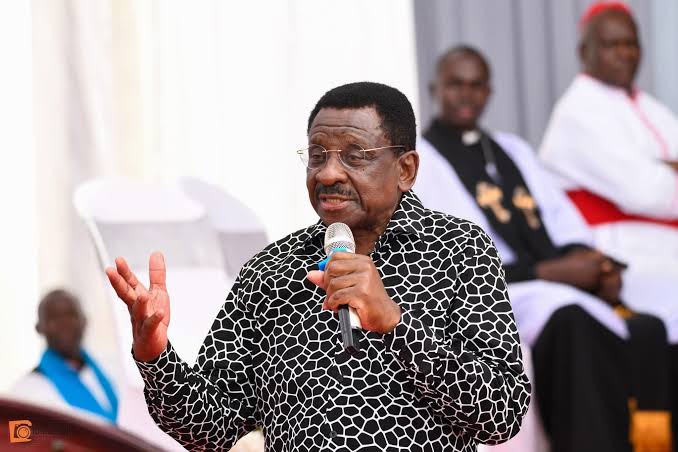
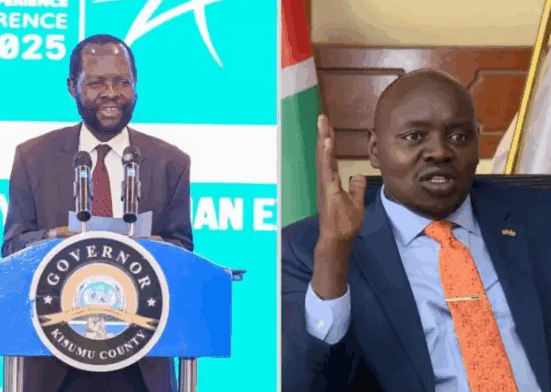
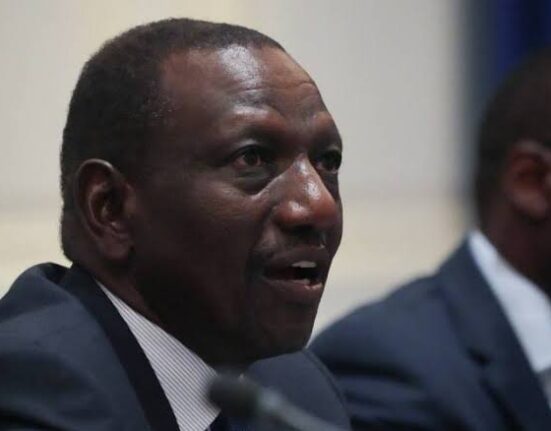
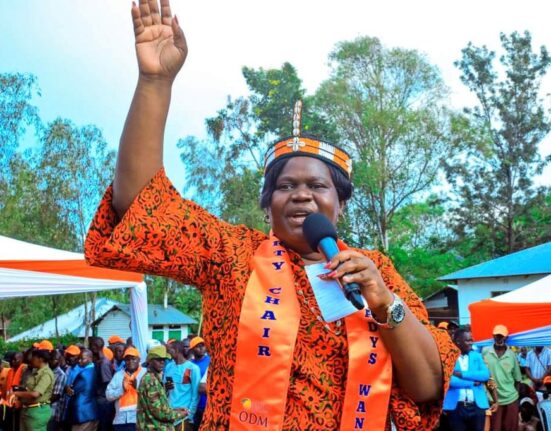


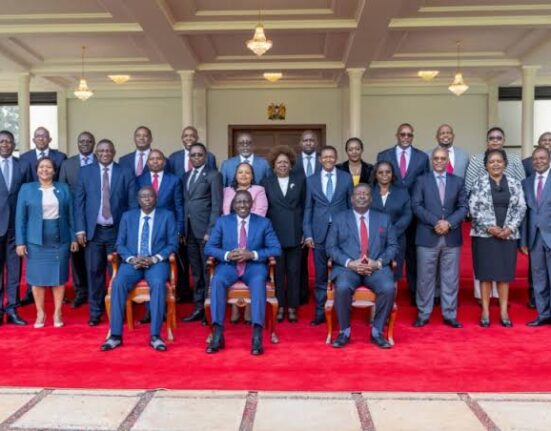
Leave feedback about this